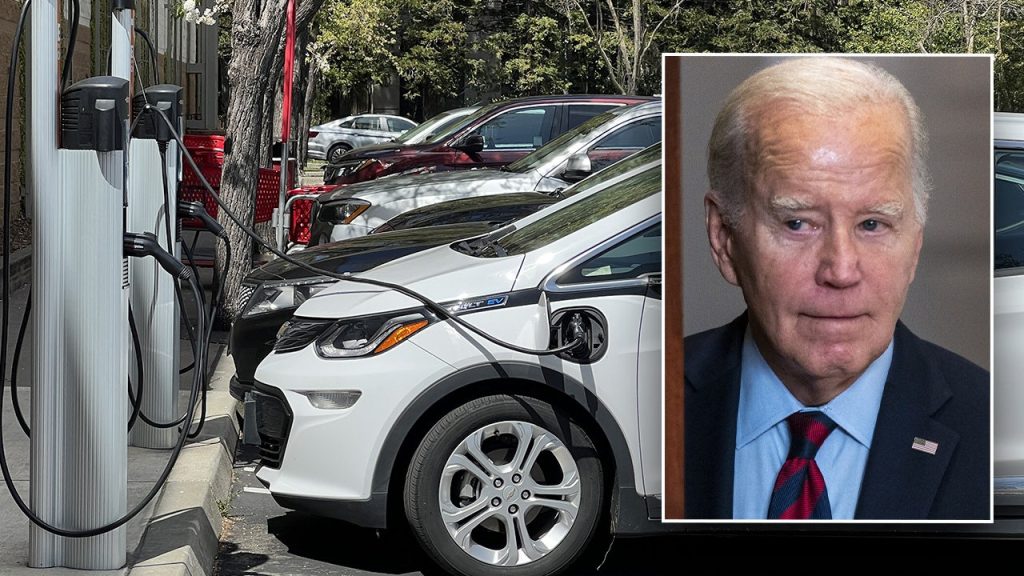A coalition of 25 state attorneys general, including Kentucky Attorney General Russell Coleman and West Virginia Attorney General Patrick Morrisey, filed a legal challenge against the Biden administration over new environmental regulations targeting gas-powered car emissions and promoting electric vehicles. The challenge was filed against the Environmental Protection Agency in the U.S. Court of Appeals for the D.C. Circuit, arguing that the regulations impose unworkable emissions standards on passenger cars and medium-duty vehicles. The coalition aims to block these regulations and protect the free market from what they see as an overreach by the federal government.
The regulations issued by the EPA, which were the most aggressive multi-pollutant emissions standards ever finalized, are designed to push for wider adoption of electric vehicles and hybrids. This move is part of President Biden’s goal for EVs to account for 50% of all new car sales by 2030. Automakers will be required to reduce emissions of greenhouse gases, hydrocarbons, nitrogen oxides, and particulate matter from various types of vehicles beginning in model year 2027. The EPA claims these rules will help tackle the climate crisis by reducing carbon dioxide emissions from the transportation sector.
The legal challenge against the EPA’s regulations has garnered support from a wide range of states, including Kentucky, West Virginia, Alabama, Alaska, Arkansas, and others. The regulations have faced criticism from state officials, lawmakers from both parties, agriculture industry groups, and energy associations. Despite efforts to increase EV sales, the market share of EVs in the United States remains relatively low, with only 9.5% of new light-duty vehicle sales being EVs in 2023. Additionally, the share of Americans considering an EV purchase has declined from 55% to 44% year-over-year.
Critics of the EPA regulations argue that Americans cannot afford electric vehicles due to historic inflation, and that the policies are not practical for rural areas like Kentucky, which rely heavily on gas-powered vehicles for transportation. Agriculture Commissioner Jonathan Shell pointed out that EVs may not be suitable for the demands of rural communities, particularly for farmers who need reliable transportation. The legal challenge filed by the coalition aims to stop what they see as the federal government’s excessive mandate on EVs and to protect the interests of families, workers, and farmers who rely on gas-powered vehicles.
The regulations issued by the EPA have opened the door to legal challenges and congressional resolutions, as they face opposition from various stakeholders. The state attorneys general who filed the legal challenge, along with industry groups and lawmakers, are pushing back against what they see as undue government interference in the market for electric vehicles. Despite the ambitious goals of the Biden administration to increase EV adoption, challenges to the regulations could impact the timeline and implementation of these policies. The debate over environmental regulations, gas-powered versus electric vehicles, and government intervention in the market is likely to continue as various stakeholders seek to influence the direction of future policies and regulations.


